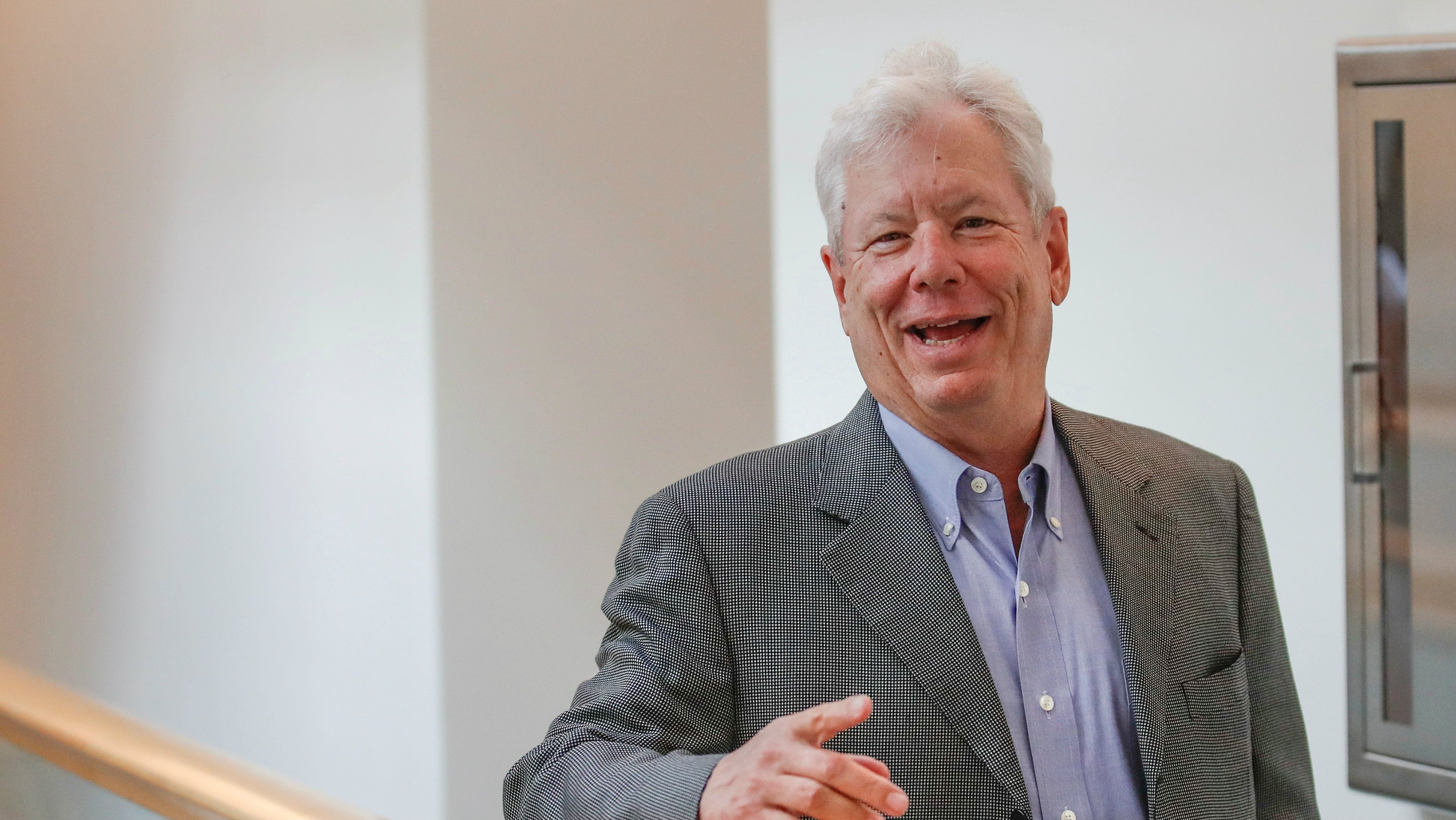To the average person, the study of economics may appear to be a bunch of abstract theoretical concepts exclusive to those studying in further education or working in the City. However, the results of this year’s Nobel Prize suggest otherwise, conveying the impact of human nature on our economies. Leading behavioural economist Richard Thaler was recently awarded the accolade for his ‘nudge’ theory; an idea which trivialises the concept of rational markets.

Popularised by his 2008 co-written book, the theory draws attention to human tendencies to behave irrationally. From overdue tax returns to unhealthy eating habits, Thaler examines the psychology of consumer decision-making to generate a comprehensive insight into spending behaviour. According to Thaler, this ultimately boils down to convenience: consumers are more likely to choose the option that is easiest for them in that moment rather than considering what may benefit them in the long-term.

The idea of ‘nudging’ can therefore help governments encourage consumers to exercise better self-control. Through introducing incremental changes, the theory aims to make it more convenient for consumers to save money and live healthily. This could be something as minor as raising the position of fruit and vegetables to eye-level on supermarket shelves. Whether conscious of them or not, studies have shown that consumers respond well to these modifications, or ‘nudges’. What’s more, there seems to be something inherently benevolent in such an intervention, as Thaler outlined in his book that “by knowing how people think, we can make it easier for them to choose what is best for them, their families and society”.
Thaler’s combination of psychological and economic principles has proven to be fruitful for governments who have implemented them. Under Cameron’s government in 2010, a ‘nudge unit’ under the name of the ‘Behavioural Insights Team’ was launched to research new ways of changing public behaviour. Its biggest success is said to be the recruitment of more than 100,000 organ donors: small personalised changes to the language in messages have proven to influence uptake. Remarkably, the unit claims to have saved the government over £300 million since its inception, but has since been privatised to extend its reach to a global market.
The strength of behavioural economic theory lies in its ability to be pre-emptive: where data-oriented theory relies on statistics and figures, behavioural economics anticipates the individualised practice of spending habits in our daily lives.
Despite this, upon receiving his hefty prize of 9 million Swedish krona (£850,000), Thaler remarked “I will try to spend it as irrationally as possible!”
Grace Ennis
Image: [Quartz]

